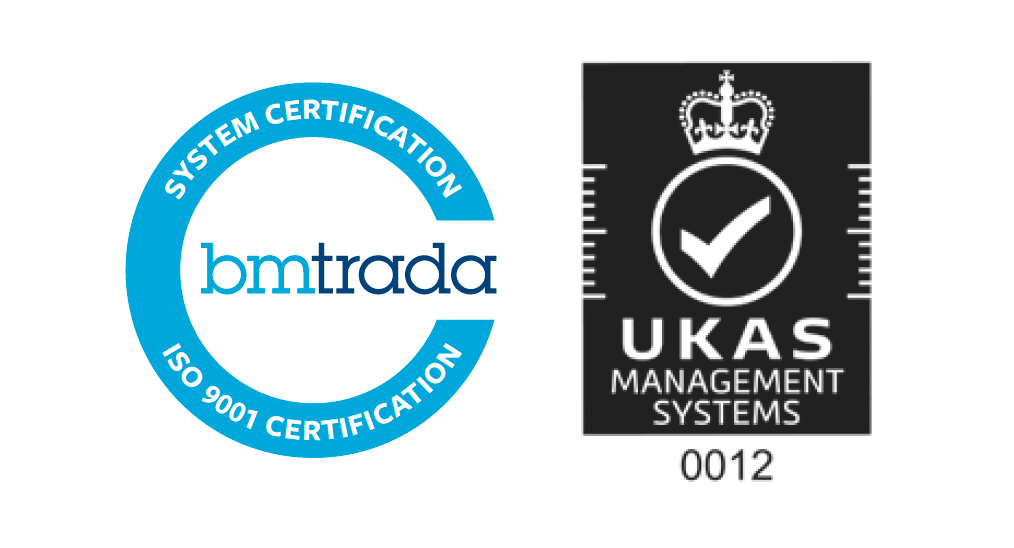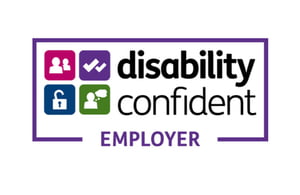Data, Digital and Real World Evidence
Leveraging patient-level data to generate evidence and insights
The UK spearheads safe access to patient level data through our own direct access to NHS data and facilitated access to Secure Data Environments (SDEs), offering the world’s largest, linked, longitudinal patient-level data set. Leveraging our data analytics capabilities and partnerships with SDEs, CF helps life science companies use this data across the innovation lifecycle, facilitating R&D, prelaunch insights into disease burden and pathway dynamics, and post launch to support uptake of innovation including market research and Real World Evidence (RWE) studies. Through market research and RWE studies, generating patient-level insights and developing data strategies, we help life science companies de-risk investment in the UK market through understanding patient needs and pathways to diagnosis and treatment.
Our approach
CF’s unique combination of consultancy, award winning data science and data engineering capabilities, and strong track record in research positions us to support you with meaningful evidence generation and data strategies. We are an established provider of non-interventional studies, with a track record of producing excellent results.
We hold direct access to record-level data on 57 million patients in England and further 10 million patients in the devolved nations (Scotland, Wales, Northern Ireland). We also have curated all other publicly available data to the lowest level of granularity possible including demographic, social determinants, public health, economic data as well as healthcare data including prescribing and all settings of care (including primary care, community, mental health, social care). We are able to access prescribing data at a granular level of GP practice and hospital – not just the “brick” level – creating insights to prescribing patterns. Using this in-house patient level data we can assess the burden of disease and health inequalities and quantify the impact of novel innovations and implementation of change management programmes.
Partnering with SDEs allows us to utilise linked, patient-level datasets for specific therapeutic areas and pathways, demographics and geographies, including linking patient-level prescribing data with primary and secondary care healthcare activity and diagnostic coding of patients and encounters. For legitimate purposes and with the appropriate protocol This data can be re-identified to target interventions, identify research subjects and population health management programmes in compliance with research ethics and information governance regulations including statue (GDPR) and policy (such as the ‘Five Safes’ principles).
We apply sophisticated data linkage capabilities to:
- Understand prescribing pathways (initiate, switch, discontinue) with using prescribing data linked to patient pathways
- Augment research data set in rare disease with healthcare utilisation data to support HTA submission and case finding
- Enrich digital therapeutic user generated data with healthcare utilisation data to support evidence generation
- Link medical device data with Hospital Episode Statistics (HES) data to support understanding cost effectiveness
- Support patient re-identification for purposes of case finding and population health
Our offer
We recognise that any research is unique to you, which is why our offer is both bespoke and robust covering the breadth of different purposes:







